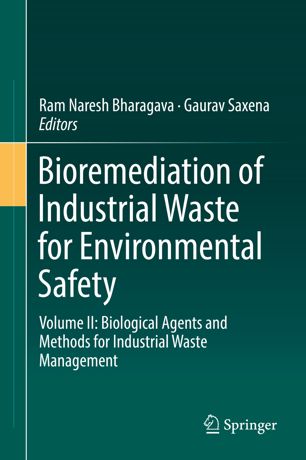

Most ebook files are in PDF format, so you can easily read them using various software such as Foxit Reader or directly on the Google Chrome browser.
Some ebook files are released by publishers in other formats such as .awz, .mobi, .epub, .fb2, etc. You may need to install specific software to read these formats on mobile/PC, such as Calibre.
Please read the tutorial at this link: https://ebookbell.com/faq
We offer FREE conversion to the popular formats you request; however, this may take some time. Therefore, right after payment, please email us, and we will try to provide the service as quickly as possible.
For some exceptional file formats or broken links (if any), please refrain from opening any disputes. Instead, email us first, and we will try to assist within a maximum of 6 hours.
EbookBell Team

4.3
78 reviewsAchieving environmental sustainability with rapid industrialization is currently a major global challenge. Industries are the key economic drivers, but are also the main polluters as untreated/partially treated effluents from industry are usually discharged into the aquatic environment or dumped. Industrial effluents often contain highly toxic and hazardous pollutants, which cause ecological damage and present and health hazards to living beings. As such, there is a pressing need to find ecofriendly solutions to deal with industrial waste, and to develop sustainable methods for treating/detoxifying waste before it’s released into the environment. As a low cost and eco-friendly clean technology, bioremediation can offer a sustainable alternative to conventional remediation technologies for the treatment and management of industrial wastes.
This book (Volume II) describes the role of biological agents in the degradation and detoxification of organic and inorganic pollutants in industrial wastes, and presents recent bioremediation approaches for waste treatment and management, such as constructed wetlands, electro- bioremediation and nano-bioremediation, as well as microbial fuel cells. It appeals to students, researchers, scientists, industry professionals and experts in the field of microbiology, biotechnology, environmental sciences, eco-toxicology, environmental remediation and waste management and other relevant areas who are interested in biodegradation and bioremediation of industrial wastes for environmental safety.